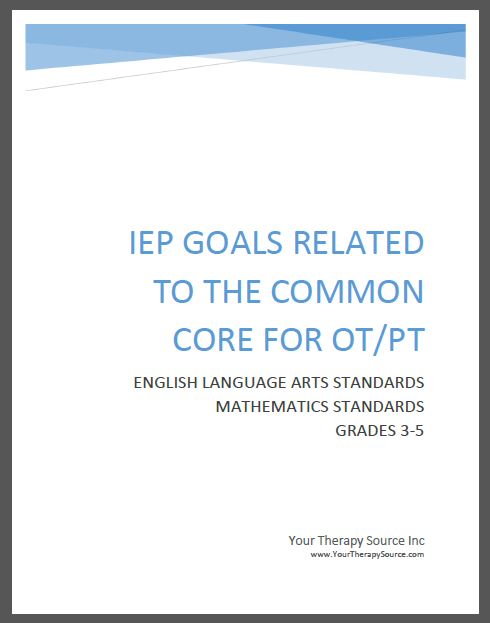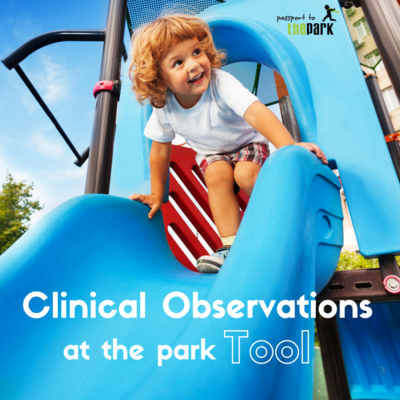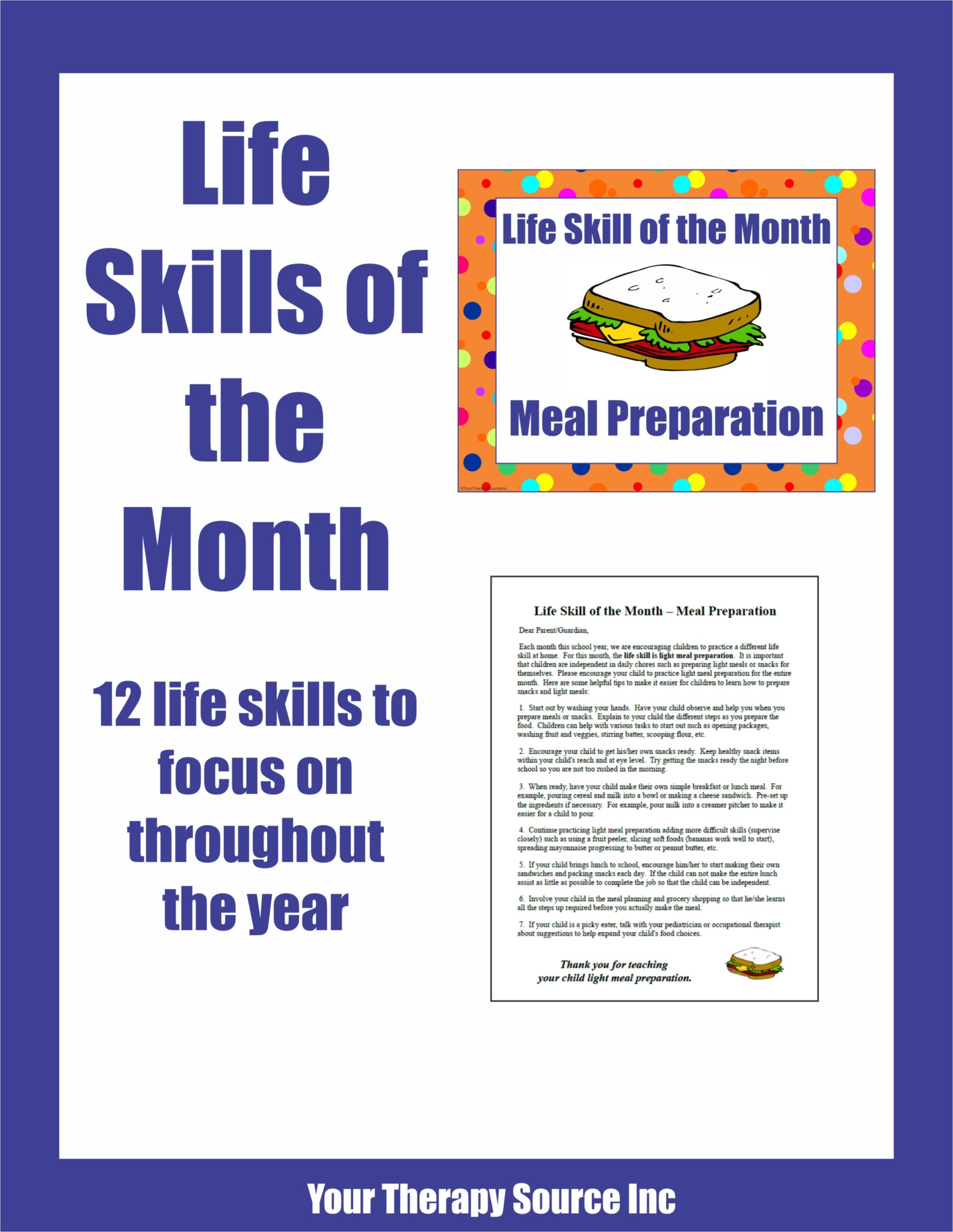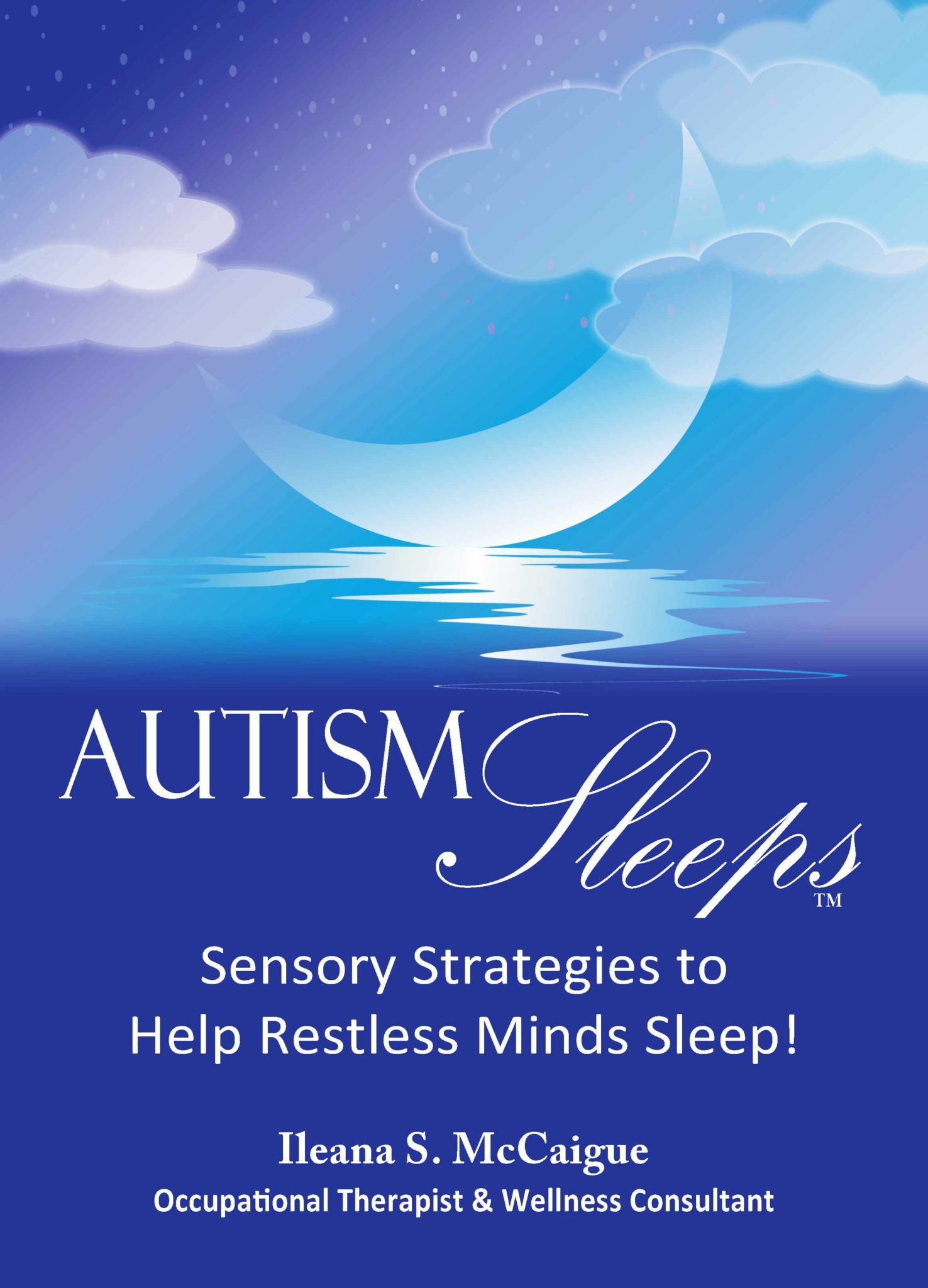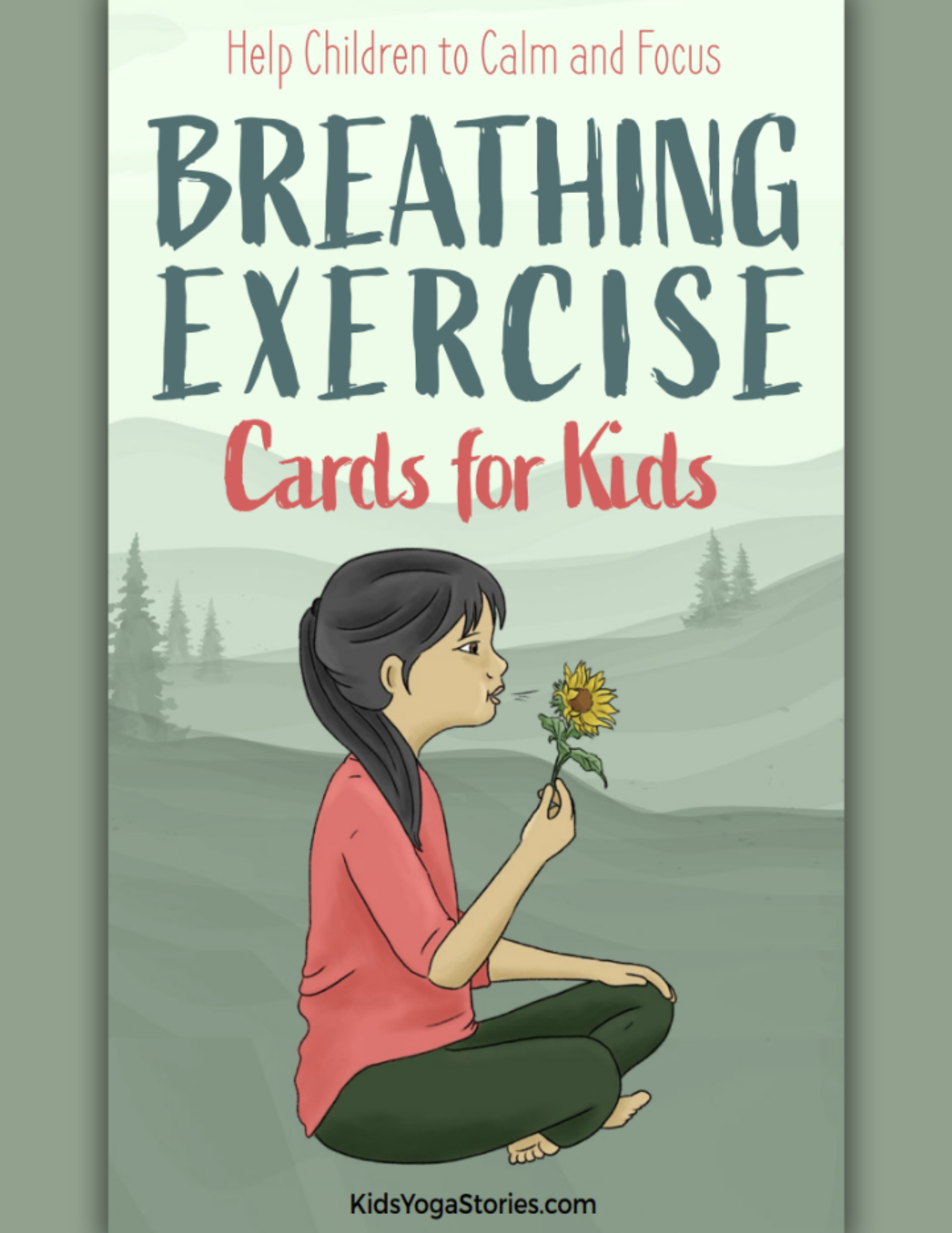Description
This is a guide on IEP occupational therapy goal setting. These occupational therapy goals can be modified to meet the needs of diverse populations in Pre School, Kindergarten, Elementary, Middle and High School. The OT Goal Bank and Accommodations include 125+ goals, 20+ foundation skills, measurement criteria, and accommodations. Whether you’re a new therapist just getting started or a seasoned professional seeking to refine your practice, this OT Goal Bank is designed to support you in setting effective and measurable goals for your clients. Use all or part of a goal to meet your students needs. It is meant to be a list to get you started. All criteria can be adjusted to meet the needs of your students.
Created by an experienced COTA, this 32 page PDF will be available electronically immediately following payment.
This is a helpful resource for occupational therapists working with diverse children. It offers customizable goals and skill plans for fine motor skills, emotional regulation, neurodivergent ideas, generating text, and more. Each goal can be adjusted to meet individual needs, ensuring effective interventions. Therapists can track progress, measure mastery, and adjust supports, to match the needs of their students.
What is included in this OT Goal Bank and Accommodations PDF?
- Tools and supports for goals and accommodations
- Goal measurement ideas
- Additional ways to measure goals
- General handwriting goals
- General generating text goals
- General use of technology goals
- General miscellaneous goals
- Neurodivergent all-encompassing goals
More Specific Skills and Goal Ideas:
- Activities of Daily Living (ADLs) skills list and goals
- Fine motor skills list and goals
- Visual motor & perception skills list and goals
- Prewriting skills list and goals
- Drawing goals
- More handwriting and keyboarding goals
- Bilateral hand use & scissor skills list and goals
- Bilateral skills goals
- Tool use and assistive technology skill list and goals
- Motor planning skills list and goals
- Cognitive skills list and goals
- Adaptive equipment skills list and goals
- Self-regulation skills list and goals
- Emotional regulation skills list and goals
- Gross motor skills list and goals
- Postural stability skills list and goals
- School participation skills list and goals
- Executive functioning skills list and goals
- Play skills and goals
For New Occupational Therapists: Starting out in the field of occupational therapy can be both exciting and challenging. This guide provides a foundational framework for developing and measuring goals across various categories relevant to your clients’ needs. From fine motor skills to executive functioning, you’ll find examples and practical applications that can help you create meaningful and achievable goals for your clients. Use this resource to build confidence in goal-setting and to ensure that your practice is grounded in evidence-based strategies.
For Experienced Occupational Therapists: As an experienced professional, you understand the importance of tailored and precise goal-setting in achieving client outcomes. This guide offers a structured approach to refining your goal-setting practices, incorporating a broad range of skills including fine motor, visual motor, executive functioning, and more. The provided goals and measurement criteria will help you enhance your practice, streamline your goal development process, and ensure that your goals are aligned with your clients’ evolving needs.
In This OT Goal Bank and Accomodations Guide: You will find 125+ goals for a variety of skills.
- Goal Examples: A range of specific, actionable goals across various categories to suit different client needs.
- Measurement Criteria: Practical methods for evaluating progress and success in goal achievement.
- Foundation Skills: An overview of essential skills relevant to occupational therapy goal setting.
- Additional Resources: Tools and references to further support your practice.
Support each child’s unique needs, this resource helps you customize goals with the right level of assistance, mastery criteria, and task supports they need.





